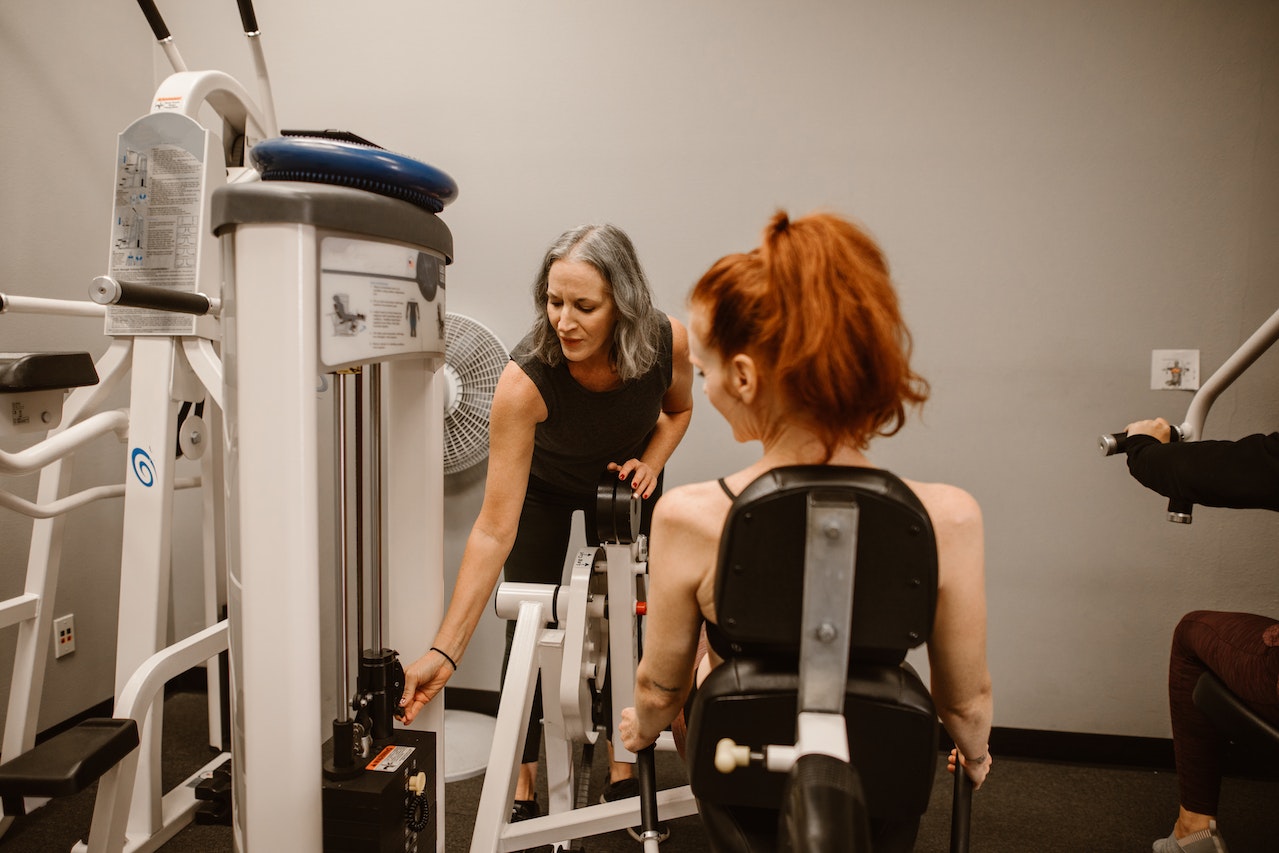
Protein is an essential nutrient that helps build and repair tissues, keeps you feeling full and satisfied, and supports healthy bones and muscles.
We aren’t old. For sure. We are not considering the effect of aging. Maybe we have a few wrinkles, mostly smile lines, but we are younger than OUR moms in their 40’s. Still stylish, still cool. Maybe we have thought about the prospect of getting old, but we certainly aren’t there YET.
But are we?
As women age, our bodies undergo a lot of changes. If we want to keep up, our nutrition is one of the most important things we can keep in check.
The 40’s – Hormone levels shift, muscle mass decreases, and bones become weaker. It’s essential for women like me, and maybe you, to get enough protein to maintain our health and well-being.
Protein is an essential nutrient that helps build and repair tissues, keeps you feeling full and satisfied, and supports healthy bones and muscles.
Why is getting enough protein important?
Maintaining Muscle Mass: As we age, our muscle mass naturally decreases, which can lead to weakness and decreased mobility. Research shows that consuming adequate amounts of protein can help preserve muscle mass, particularly when combined with resistance training. This is particularly important for women, who have less muscle mass than men to begin with.
Supporting Bone Health: Women are at a higher risk of osteoporosis as they age due to a decline in estrogen levels. At 42, I am already experiencing osteopenia, lower than normal bone density, with years of bad dieting contributing to that! Protein is essential for bone health, as it provides the building blocks for bone tissue. Research suggests that a high protein diet may even help prevent bone loss.
Weight Management: Many women in their 40s find it harder to maintain a healthy weight than they did in their younger years. Protein is an excellent nutrient for weight management because it helps you feel full and satisfied, reducing the likelihood of overeating. Studies have also shown that a high-protein diet can increase metabolism and help with weight loss.
Improving Energy and Mood: Protein is essential for maintaining energy levels throughout the day. It helps regulate blood sugar levels and prevents energy crashes. In addition, protein plays a role in the production of neurotransmitters, which can affect mood and cognitive function.
So how much protein do we need?
The recommended daily intake for women in this age group is around 0.8 grams per kilogram of body weight, but this can vary depending on activity level, body composition, and other factors. Working with a nutritionist can help determine the correct amount that you need to meet your goals.
It’s important to note that not all protein sources are created equal. Lean protein sources such as chicken, fish, beans, and yogurt are great options, as they are low in saturated fat and high in nutrients. Other sources, like fatty meats or peanut butter (NOT a good protein source regardless of what you’ve been taught your whole life!), should be limited due to their high sodium and fat content.
Tracking food in an app can be daunting but gets easier the more you do it and is the only way to really know if you’re hitting your nutrition goals, specifically protein. Get with a nutritionist, get a good app and start tracking your macros today for better health tomorrow!



